News
-
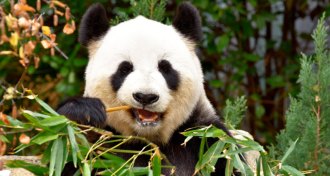 Animals
AnimalsGiant pandas may have only recently switched to eating mostly bamboo
Giant pandas may have switched to an exclusive bamboo diet some 5,000 years ago, not 2 million years ago as previously thought.
By Jeremy Rehm -
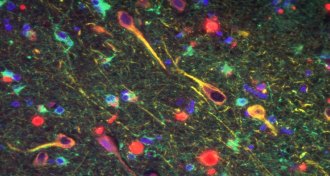 Neuroscience
NeuroscienceNo, we don’t know that gum disease causes Alzheimer’s
A recent study linked gum disease and Alzheimer’s disease, but the results are far from conclusive.
-
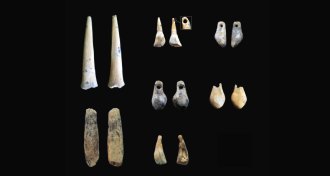 Anthropology
AnthropologyNew dates narrow down when Denisovans and Neandertals crossed paths
Mysterious ancient hominids called Denisovans and their Neandertal cousins periodically occupied the same cave starting around 200,000 years ago.
By Bruce Bower -
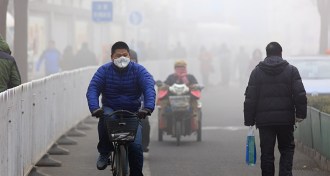 Health & Medicine
Health & MedicineChinese ‘tweets’ hint that happiness drops as air pollution rises
A study of more than 210 million social media posts reveals a link between people’s sense of well-being and pollution.
By Sujata Gupta -
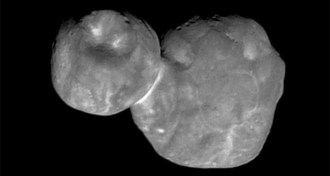 Planetary Science
Planetary ScienceThe latest picture of Ultima Thule reveals a remarkably smooth face
Kuiper Belt object MU69, nicknamed Ultima Thule, is largely unmarred by impact craters, suggesting the Kuiper Belt might lack small objects.
-
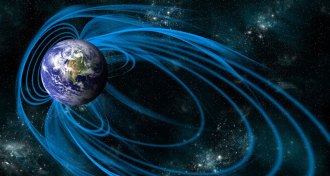 Earth
EarthEarth’s core may have hardened just in time to save its magnetic field
Earth’s inner core began to solidify sometime after 565 million years ago — just in time to prevent the collapse of the planet’s magnetic field, a study finds.
-
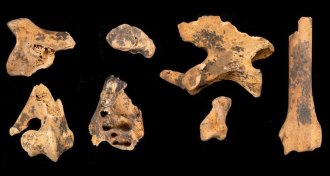 Anthropology
AnthropologyDogs may have helped ancient Middle Easterners hunt small game
Jordanian finds point to pooch-aided hunting of small prey around 11,500 years ago, offering new clues into dog domestication in the Middle East.
By Bruce Bower -
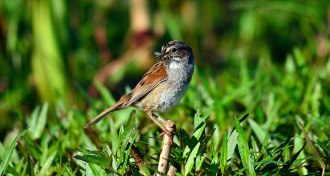 Animals
AnimalsMale birds’ sexy songs may not advertise their brains after all
A biologist backs off an idea he studied for years that the mastery of birdsong is a sign of bird smarts.
By Susan Milius -
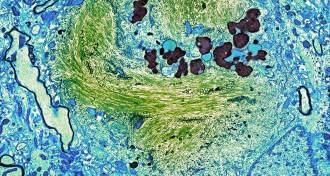 Health & Medicine
Health & MedicineLack of sleep is tied to increases in two Alzheimer’s proteins
In people and mice deprived of sleep, researchers found an increase in tau, a protein involved in Alzheimer’s disease, in the fluid bathing the brain.
-
 Neuroscience
NeuroscienceRocking puts adults to sleep faster and makes slumber deeper
People sleep better when their beds are gently rocked, a small study finds.
-
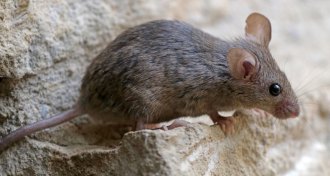 Genetics
GeneticsA CRISPR gene drive for mice is one step closer to reality
Researchers have made progress toward creating a gene drive for mice in the lab. Such genetic cut-and-paste machines have yet to be made for mammals.
-
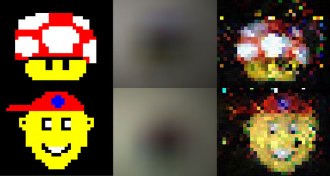 Tech
TechOrdinary cameras can now photograph out-of-sight objects
Thanks to a new photo-analyzing computer program, a photographer’s line of sight no longer has to be a straight shot.